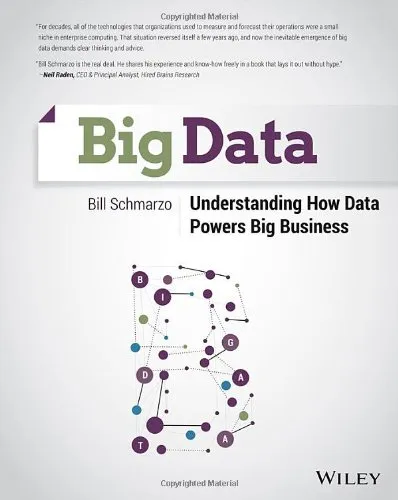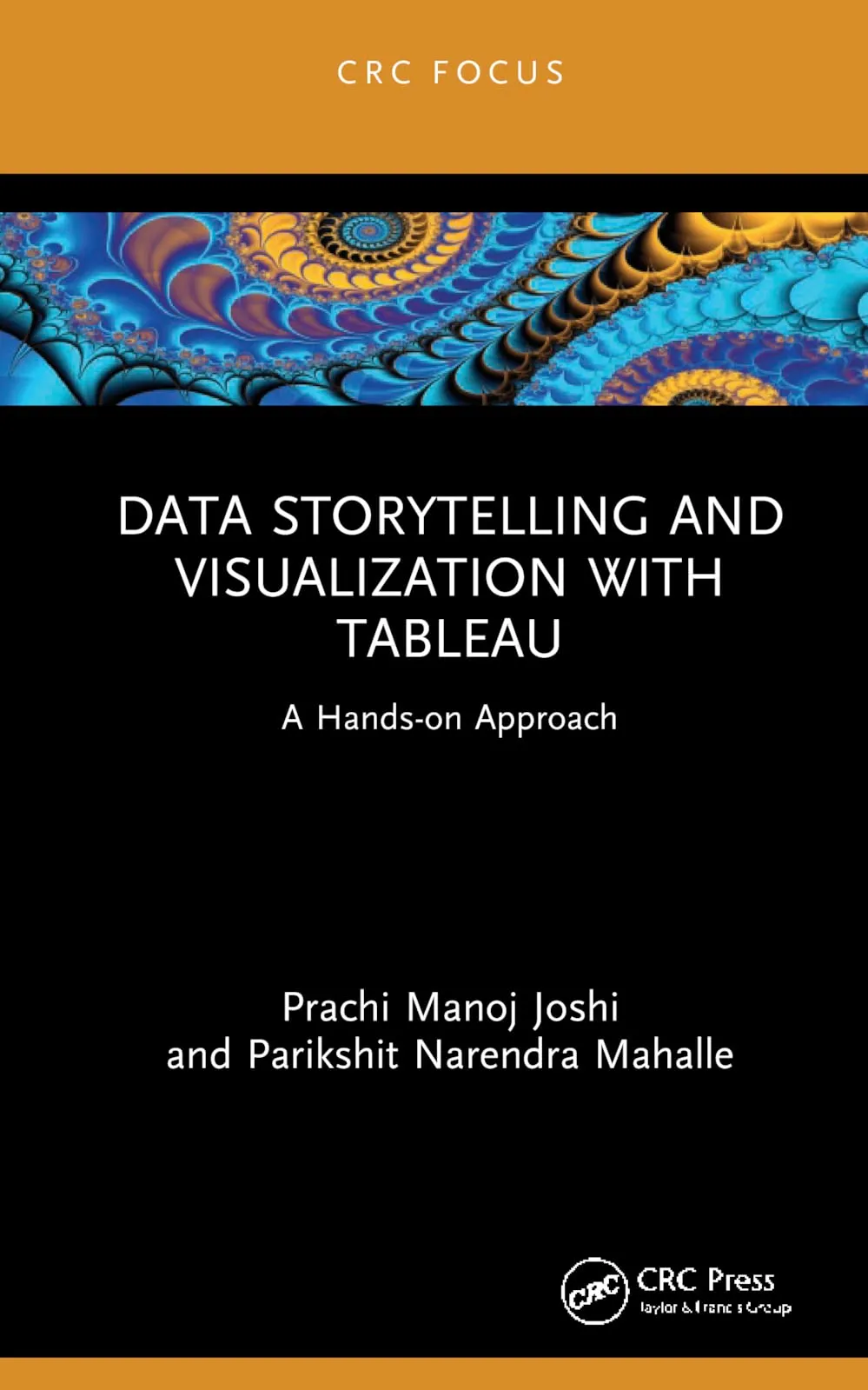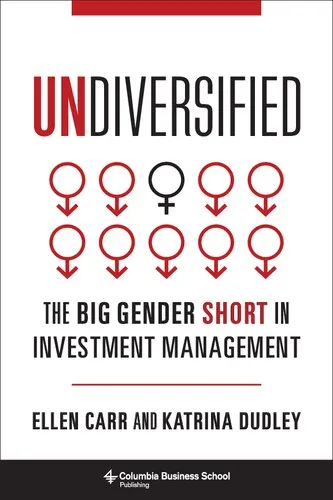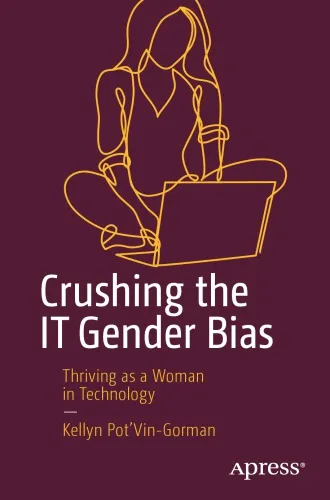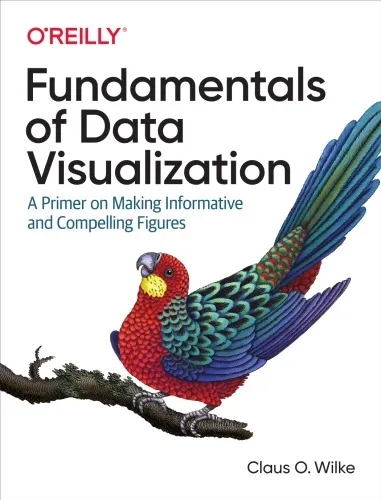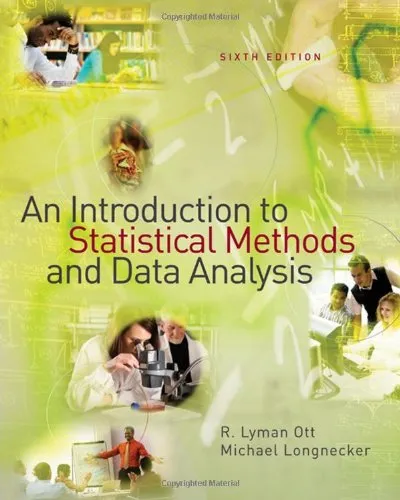Detailed Summary of the Book
The phrase "gender data gap" refers to the systemic absence of information pertaining to women’s lives and their unique needs. Caroline Criado Perez's "Invisible Women" dissects how this oversight permeates various facets of daily life, from healthcare and safety to the workplace and public planning. The premise is simple yet profound: much of the world's data is designed around men, subsequently marginalizing women and often putting them at risk.
The book is divided into several comprehensive sections that cover a breadth of topics. In healthcare, for example, heart attack symptoms are traditionally associated with the male experience, overlooking how they manifest differently in women, leading to misdiagnoses. The workplace sections explore how office temperatures and equipment are set to male preferences, potentially impacting women's productivity and comfort. Perez also examines urban planning, where public transportation and city designs rarely consider the transit patterns that often differ between genders.
Through researched anecdotes and data analysis, Perez reveals how the inclusion of women's experiences and needs does not only have political implications but substantial economic benefits as well. "Invisible Women" argues for a concerted effort to collect and interpret data that accounts for half the world's population, thus creating a more equitable society.
Key Takeaways
- The invisibility of women in data has tangible negative effects on their daily lives and opportunities.
- Collecting gender-disaggregated data is essential for understanding women’s realities and addressing systemic inequalities.
- The design of policies and products must take into account diverse human experiences beyond the male perspective.
- Closing the gender data gap is not only fair but also makes economic sense, as it can lead to more efficient and effective solutions.
Famous Quotes from the Book
"The result of this deeply ingrained male bias is that even when we think we have designed something for both men and women, in all likelihood we have actually only designed it for men."
"Seeing men as the default human is fundamental to the structure of human society."
Why This Book Matters
"Invisible Women" is more than just an exposé; it is a call to action. In a time where gender equality is a prominent global discussion, this book presents concrete evidence of one of the less obvious yet pervasive forms of gender inequality — data bias. This work is critical for policymakers, educators, designers, and all those in a position to effect change. It inspires the reader not only to recognize these blind spots but also to challenge the status quo and push for gender-sensitive reforms.
By addressing the gender data gap, "Invisible Women" encourages the collection of richer, more diverse data sets needed to shape a world that respects and accommodates differences between its occupants fairly and equitably.
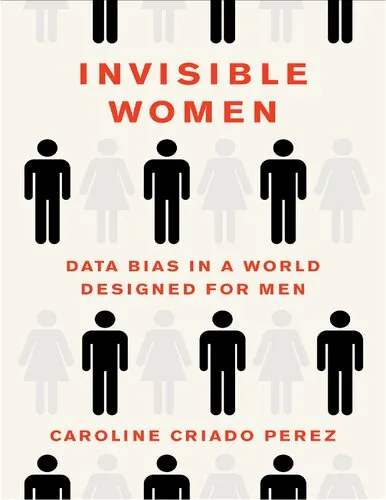


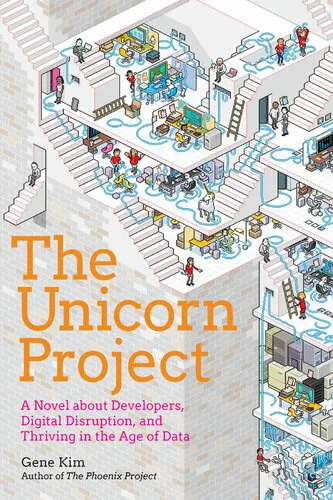
![Responsible AI in the Enterprise: Practical AI Risk Management for Explainable, Auditable, and Safe Models [Team-IRA]](https://s3.refhub.ir/images/thumb/Responsible_AI_in_the_Enterprise__Practical_A_8189.webp)
